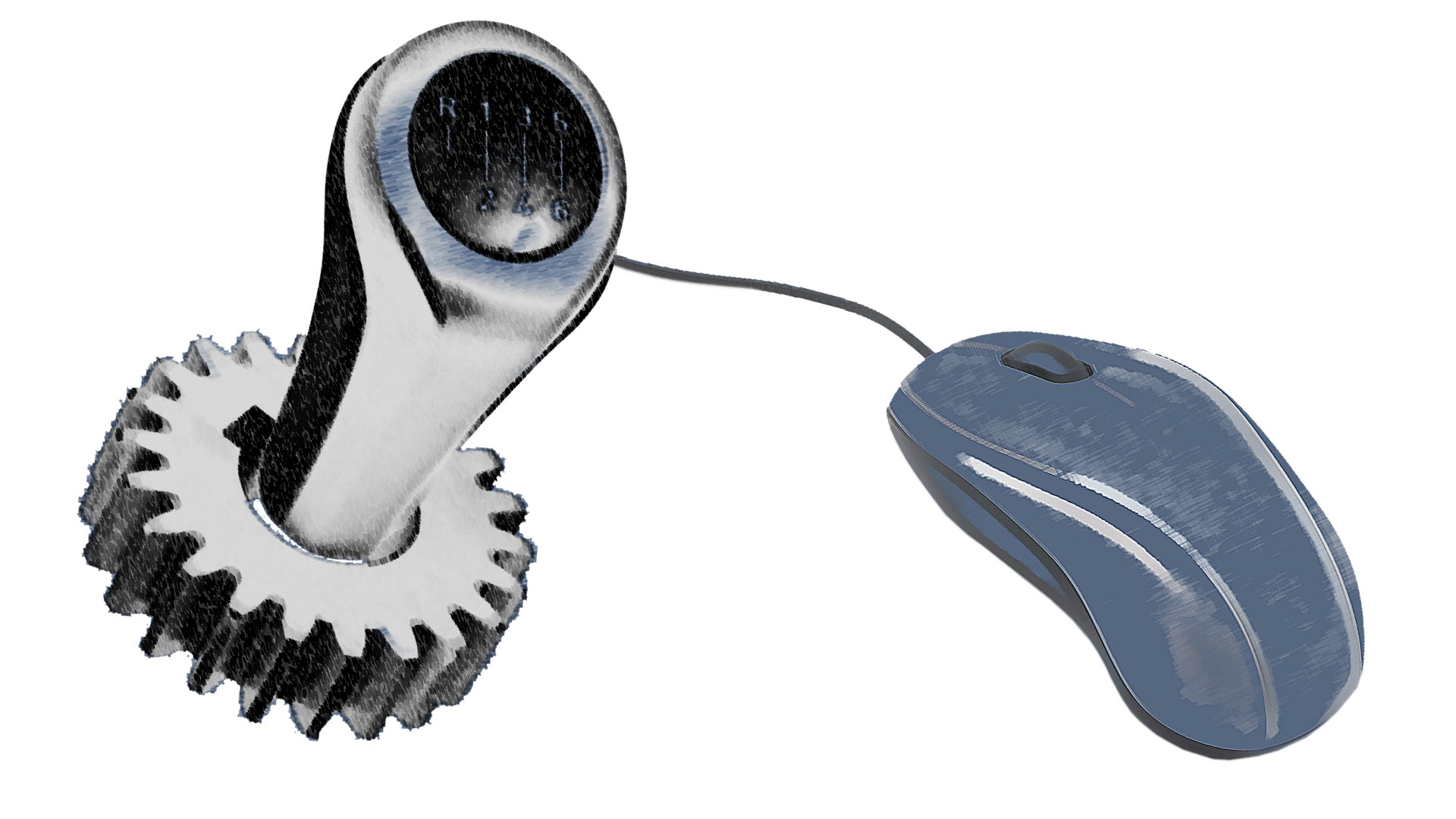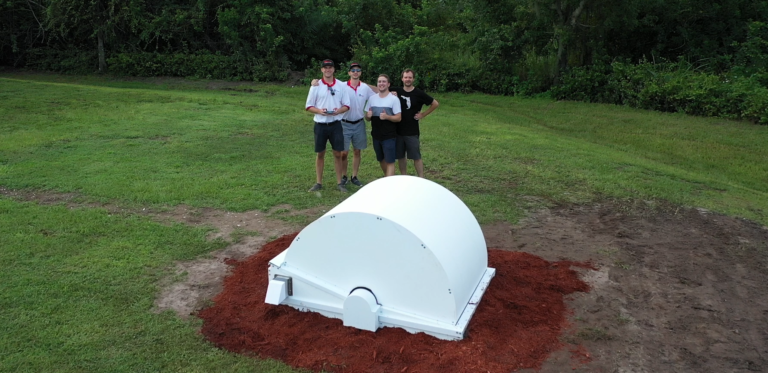Sarah, my wonderful wife, best friend, and insightful muse mentioned something in passing that struck me cold.
“You know, it’s funny. You love the idea of autonomous cars, but you insist on driving a stick.”
— Sarah Porcenaluk
She’s right. I insist on driving cars with a manual transmission. To date, we’ve owned seven cars as a family, all with gears you have to row yourself. Why? There used to be a litany of good reasons. Manuals were cheaper to buy, better on gas, cheaper to fix, and you could shift them faster yourself than sluggish, sad, 3-speed automatics. Manuals were the choice of the enthusiast, and us enthusiasts sold them to our more practical partners as cost-savers. But times change.
I grew up on a steady diet of automotive magazines: Car & Driver and Automobile were always on the kitchen table. Classic and Sports Car was a shinier and thicker tome that was held with a bit more reverence, and indeed, didn’t make it into my grimy hands until my father had turned the last page. The anticipation of what lie inside that magazine was a syrupy dopamine hit waiting to happen, the cover taunted me with its promises of tasty mechanical treats just out of reach. They were forbidden fruit, and it made them all the more special. Everything about that particular publication was exotic. It arrived from across the pond, entombed in a plastic shroud. The monetary symbol in ads was the British pound. The cars rarely were of the kind to make it to our shores. Minis, Alpha Romeos, Jaguar D-Types, the really juicy foreign Fords created of fire and brimstone. Fudgy, melty, boring Tauruses they were not. There was nothing that wasn’t special about that magazine. Even something mundane as its weight was different; the heft of each page relative to the disposable American magazines lent unrivaled gravitas.
Sadly, I no longer receive Classic and Sports Car in the mail. However, there are substitutes. For example, Comedians in Cars Getting Coffee. It comes out in seasons and I never keep tabs on when the next batch will be available. The waiting would drive me insane. When I see the news that another season has dropped, I get a jolt of adrenaline and I always try to pace out the episodes so as to not waste them. Each of those lovely nouns are amazing on their own, but put them together and Comedians in Cars Getting Coffee delivers something of a holy trinity. I watch this nearly exclusively late at night, in the quiet and in the dark, often with a mug of coffee of my own. It’s unadulterated indulgence.
And that’s what each of these things are, these magazines and shows. They are indulgence. They serve no purpose except to stimulate the gray matter between our ears. They don’t move boxes from place to place, or more accurately predict the stock market, or light our footpaths so we don’t trip. If the question is “why,” the answer is that if you don’t know you can’t be human. Entertainment is a hollow word to describe it. It’s for being involved with the human experience, for a feeling, for fostering the niggling bits in our minds that make us want to get out of bed in the morning.
This is why I drive a manual. This is why I refuse to let the machine do the work, even when it’s more convenient, even when it’s economical and easier. Automatics in many modern cars have surpassed manuals in speed and efficiency, and you can list fact after fact about that, but I don’t care. For some silly, stupid, human reason, I love rowing through the gears. I love timing a shift, I love letting out the clutch, I love being in control of and one with the machine I’m traveling in. It makes no logical sense, but the experience wouldn’t be the same without that dumb lever between the seats.
I am afraid we will blindly automate our humanity away.
When we consider the Internet of Things, or artificial intelligence, or machine learning, or any of the other modern marvels that will inevitably make the world faster, better, and stronger, this aspect is what scares me most. That being said, there are deep humanistic desires that when provoked will retaliate all the stronger. When automated cars become commonplace, there will be the few people whose brains itch for speed and control, and while we may be confined to track events, we will express that need. In the meantime, those automated appliance-like cars will be out there saving lives. As long as we all can live in harmony with those two worlds, I’m on board for building the future to be more automated.
I see it as analogous to the change from horse-drawn carriages to automobiles themselves. For the horses, we automated away the tedious jobs. No more pulling plows or buggies, horses now can live out their lives running around in fields and playing polo. We are involved in a world that is changing faster and faster. In ten or twenty years, the job landscape will be dramatically different. Long-haul trucking, many manufacturing plants, and quite a few service jobs will be automated. All the programming code that seems boring or routine will be automated away. Either we will find more interesting things to do, or we will languish in boredom and uselessness.
I hope that we do the former. I hope we, as a species, take this opportunity with which we are presenting ourselves and come out the other side better for it. Let the machines do the inhumane work, and let us humans be as genuinely human as possible. Let’s invent. Let’s create. Let’s foster genuine human interaction. It’s going to be a crazy next few decades, and there’s no end in sight to progress. I wouldn’t want there to be. However, as we march forward let’s not forget about that magazine that comes in the mail and the anticipation we have in reading it. Remember the smell of rich soil turned over by your hand, a flaky croissant coming out of the oven made from your mother’s recipe, or whatever it is that tickles that part of your brain.

